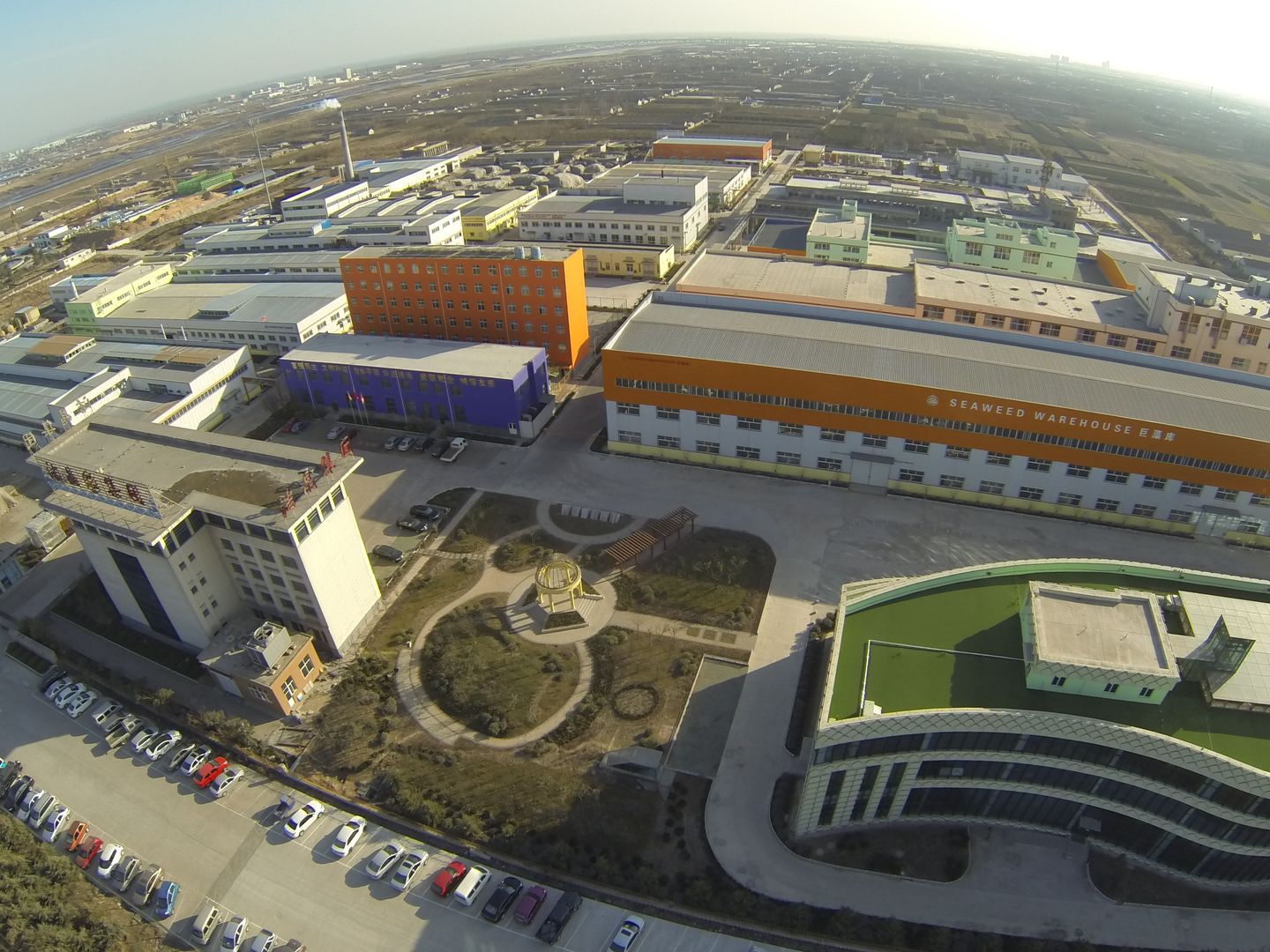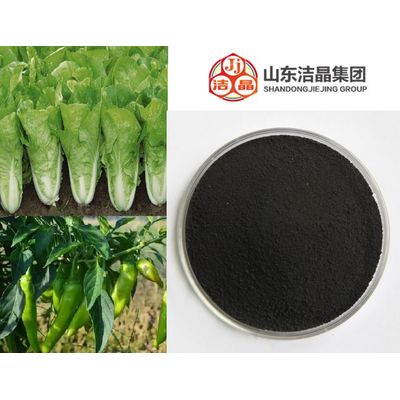

- Home
- Companies
- Shandong Jiejing Group Corporation
- Articles
- Seaweed extract uses in agriculture

Seaweed extract uses in agriculture
In recent years, the damage caused by the blind and excessive application of chemical fertilizers and pesticides has become more and more serious. To develop ecological agriculture, we must vigorously promote the use of biological fertilizers and pesticides. The abundant marine biological resources are a material treasure house for the development of ecological agriculture.
Seaweed extracts is one of the algae products from marine biological resources. It refers to seaweed extract powder/flakes, alginate oligosaccharide, seaweed extract liquid. They have many functions when applied to agricultural plants, including anti-oxidation and coordination of rapid distribution in plants, improve plant nutrient absorption, etc. Since the implementation of the green development requirements of agriculture and the implementation of the food security strategy, seaweed extract fertilizer series products have been increasingly favored by fertilizer companies and growers.
As the leading manufacturer and exporter of seaweed extracts in China, Shandong Jiejing Group Corporation uses technology of cell wall cold breakage and countercurrent extraction to extract brown algae polyphenols from fresh sargassum. The production line adopts the world`s advanced automated whole-line manufacturing equipment. As soon as the product is launched, it becomes popular product. It got highly appraised of contractors, fertilizer formulators and biostimulant company.
What’s brown algae polyphenol?
Brown algae polyphenols is also called seaweed polyphenols, which is natural phenolic compounds extracted from seaweeds and are derivatives of phloroglucinol. It contains trace elements and polysaccharides, salicylic acid, salicylic acid, sour, jasmonic acid, etc. It has functions such as anti-oxidation, anti-bacterial, and stress resistance. It can effectively open up the transportation channel of plant nutrients in the body, improve plant resistance such as cold resistance and waterlogging resistance of crops, and improve the overall nutrient transport capacity of plants. Brown algae polyphenols have obvious inhibitory effects on a variety of bacteria, fungi, yeasts, and have strong inhibitory effects on common pathogenic bacteria such as cholera, Staphylococcus aureus, Escherichia coli, etc., moreover it has no effect at the corresponding inhibitory concentration. The polyphenol compounds in seaweeds are the main means and material basis for the prevention of pathogen invasion in the initial stage of seaweed diseases.
What’s benefits of brown algae polyphenols for plants?
1. Natural active substances stimulants: it is rich in polyphenols and polysaccharides, trace elements such as iron, manganese, copper, molybdenum, boron, magnesium and natural substances such as salicylic acid and jasmonic acid are contained too, which can effectively stimulate the production of non-specific active factors in plants and regulate the balance of endogenous hormones
2. Brown algae polyphenols have obvious inhibitory effects on a variety of bacteria, fungus, yeasts, and on common pathogenic bacteria like cholera, Staphylococcus aureus, E. coli.
3. Improve the activity of antioxidant enzymes in crops and reduce the damage of superoxide free radicals to crops under adversity. Increase the thickness of crop fence tissue and sponge tissue, improve crop resistance to cold, and reduce the photoinhibition damage to leaves caused by low temperature.
What’s application of brown algae polyphenol?
We made many experiments of brown algae polyphenol application on fruits and crops on our demonstration field, among of which is brown algae polyphenols in tea plant. The result shows its yield increased under the press of frost condition. The budding was increased by 26% compared with the control, and the budder density increased by 38% compared with the control.
And the results of a large number of compounding experiments of brown algae polyphenols with other agrochemicals approves that brown algae polyphenols can be compounded with specific amino acids, humic acid, macro, medium and trace elements and other agrochemicals to produce preparation products. And brown algae polyphenol can be used to produce irrigation or foliar fertilizer with your own formulation.
